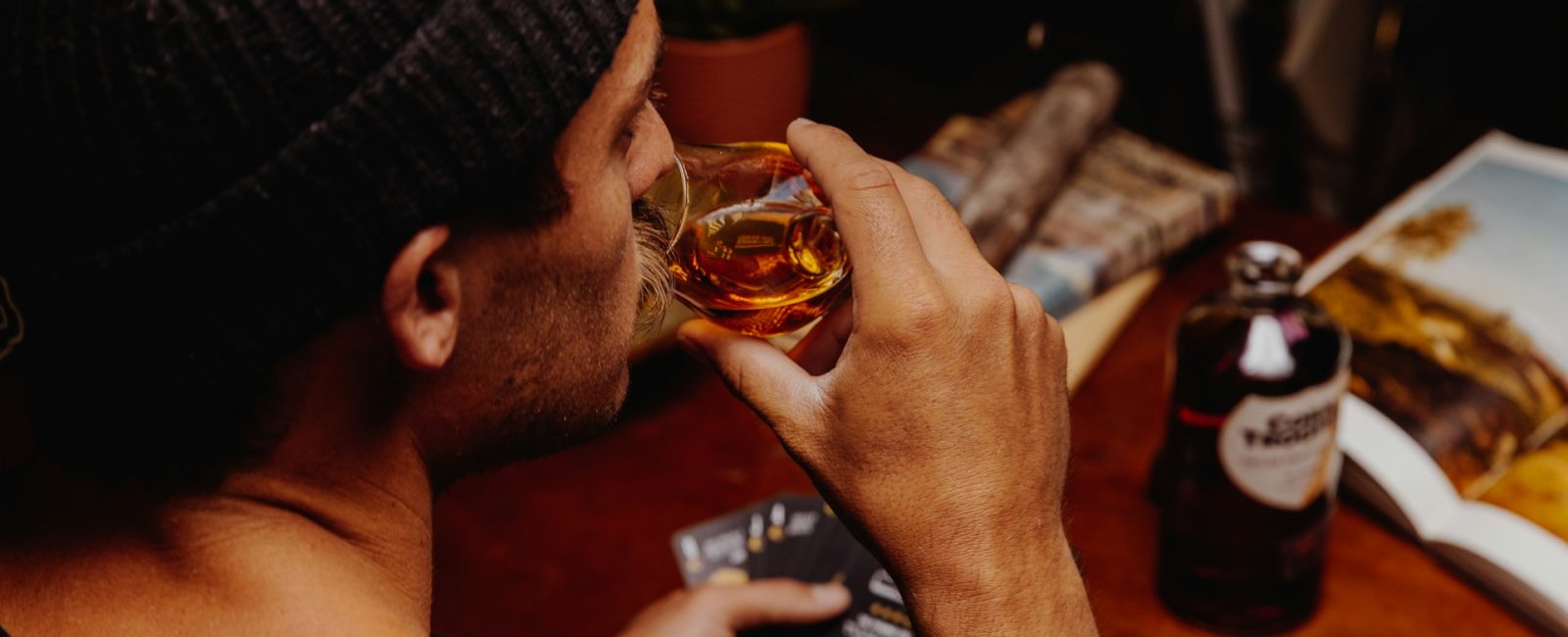
Alcohol plays a part in many of our lives across the country. And largely it involves a moderate relationship with it. From the odd pint on a Friday after work to a glass of wine with dinner. There’s no real harm in that.
However, more people than ever are seeing drinking habits shift from a casual habit to something more secretive. In fact, it’s a clear sign of problematic drinking with addiction treatment and alcohol/drug help from a detox clinic the only real way out.
Suspecting that your partner is hiding their drinking can leave you feeling anxious, angry and, to be honest, a little confused and unsure how to respond. One thing’s for sure, whatever it is making you feel, it’s clearly having an impact on your relationship. But how can you tell if your partner is hiding their drinking?
Here are five signs to look out for…
Unexplained absences or disappearing acts
Does your partner often step outside without explanation, linger in the garage, or take longer than expected on errands? Hidden drinking can involve sneaking off to consume alcohol privately, away from the eyes of loved ones.
They might also disappear into another room and return smelling faintly of drink. If these behaviours are frequent and don’t come with a clear reason, it may suggest they are concealing their drinking.
Secret stashes or hidden bottles
One of the most obvious signs of concealed drinking is finding bottles or cans tucked away in unusual places like behind the wardrobe, in the car, or even buried in the bin. Some people may also water down alcohol or decant it into different containers to disguise how much has been consumed. While everyone might forget the odd empty bottle, repeated efforts to cover their tracks point towards secrecy.
Changes in mood and defensiveness
Alcohol can affect behaviour even in small amounts. If your partner’s mood shifts suddenly, becoming irritable, defensive, or unusually upbeat, it may be linked to drinking. Defensive reactions when you ask simple questions like, “Have you had a drink?” can also be telling. Secrecy often comes with guilt, and defensiveness is a way of protecting that secret.
Over time, these mood swings can take a toll on your relationship, creating tension and mistrust.
Inconsistencies in stories or routines
Does your partner’s account of their day often not add up? Perhaps they say they’ve only had one drink, but their behaviour suggests otherwise. Or they may claim they’re popping to the shops, yet return smelling of alcohol.
Hidden drinking often involves covering tracks, which can lead to slips in stories or unexplained gaps in time. These inconsistencies may not always be intentional lies, sometimes denial is part of the picture, but they are worth paying attention to.
Physical clues and signs of overuse
Finally, even if alcohol is hidden, the body often gives clues. Slurred speech, bloodshot eyes, unsteady movement, or the smell of alcohol on breath and clothing can all be indicators. Frequent hangovers, sudden tiredness, or an increased need for mints or gum may also point to concealed drinking.
While these signs can have other explanations, taken together with secrecy, they can suggest your partner is drinking more than they admit and that is problematic behaviour when it comes to your relationship and their relationship with the substance.












